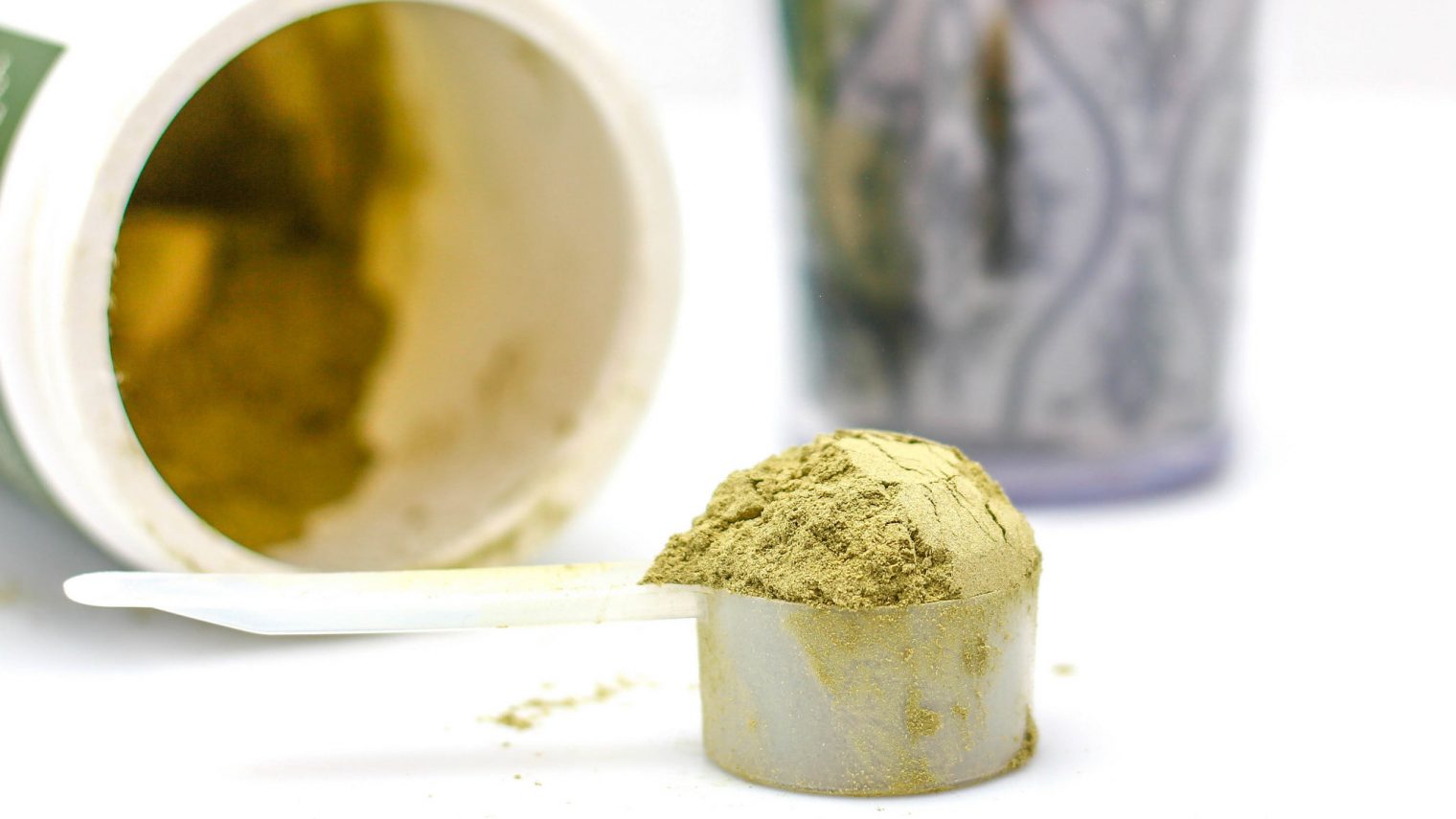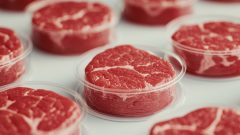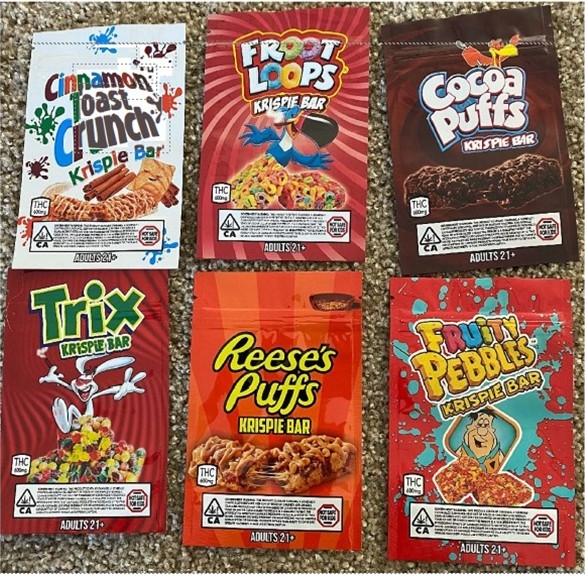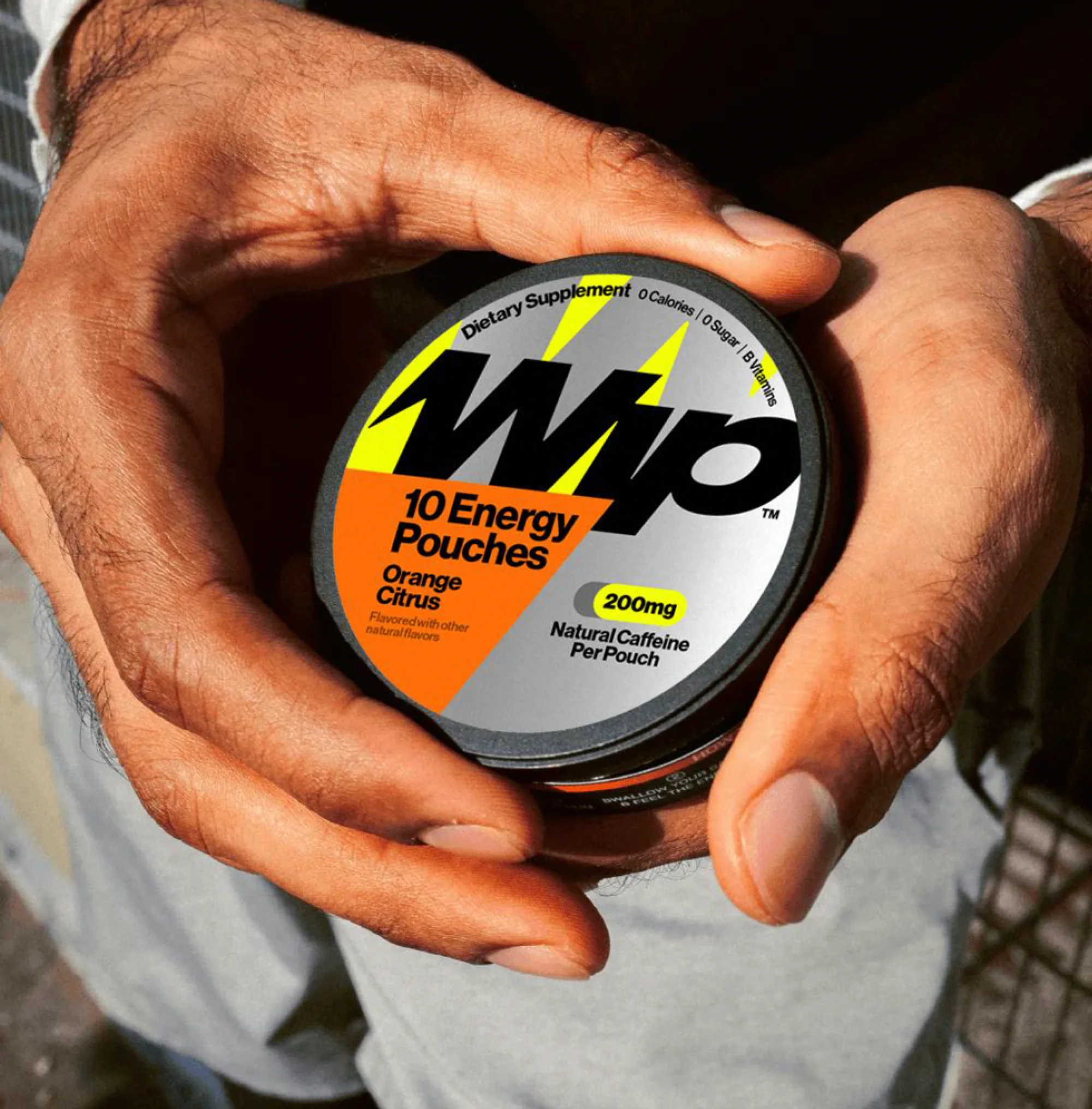Study Finds Many Popular Protein Powders Contain BPA and Toxic Metals

One of the biggest parts of being a workout nut is how you bulk post-exercise. That typically means protein powders blended with water or some other liquid to help you recover. However, those blends may have some inadvertent toxicological effects.

Photo: Marco Verch // Flickr
A new study from national advocacy group Clean Label Project evaluated 134 of the top protein powders, as determined by Nielsen and Amazon.com. The protein powders were evaluated by third-party organization Ellipse Analytics, who found that 70% of them contained lead concentrations of at least 4 micrograms per kilogram.
The Joint Expert Committee on Food Additives (JECFA) recommends a weekly dosage of 25 micrograms/kilogram to be tolerable, meaning that if you had one of these protein powders every day, you would hit the recommend amount on those beverages alone. (It’s estimated that humans consume 20-30 micrograms of lead per kilogram weekly in the normal food we consume.) Lead toxicity could lead to changes in neural behavior and abodminal pain.

Photo courtesy of the Clean Label Project
Lead wasn’t the only contaminant of concern found in protein powders by the Clean Label Project’s study. Cadmium, arsenic, and BPA were also detected in a majority of products. Mercury was found in some blends as well. Each of these metals or processing impurities are known to cause toxicity at certain levels.
Cadmium has an established reference dosage of 1 microgram/kg/day, while some of the protein powders in question had a concentration of over 200 micrograms/kg, according to the raw data. Arsenic’s reference dose is even lower, at 0.3 micrograms/kg/day. Clean Label Project’s limit of quantification for this study was 4 micrograms/kg, so all detectable traces of Arsenic easily exceeded that amount.
Raw data was not provided for BPA, and for the most part, minimal amounts of mercury were found to be present in less than half of the samples.
While the fact that heavy metals are present at all in protein powders is concerning, it should be noted that these concentrations apply to entire packages of protein blends. You can typically get 12-14 servings per pound of powder, so the actual daily ingested amount would be lower than in the raw data. Many of these metals can build up over time, however, causing chronic toxicity symptoms that should be watched out for.

Photo courtesy of the Clean Label Project
For those looking to avoid as many of these adulterants as possible, there are some usable patterns that the Clean Label Project picked up. None of the egg-based protein powders evaluated contained lead, for example. Furthermore, plant-based protein blends tended to have more heavy metals and BPA present than non-plant-based. This is likely due to soil contamination where the plants are grown, according to Ellipse Analytics’ director of operations and quality, Sean Callan, PhD.
Organic protein powders also had 1.5 times the arsenic and lead of conventional powders, and up to 4.8 times more cadmium.
The Clean Label Project also ranked the brands evaluated based on their overall heavy metals, processing contaminants, by-product contaminants, and nutritional quality. Of these, Biochem, Jarrow, Puori, Performix, and Reservage Nutrition scored the highest, while Quest Nutrition, Nature’s Best, Sunwarrior, Vega, and Garden of Life were the bottom five brands.
Those who are deeply concerned about this study’s results can utilize the above to select protein powders that weren’t found to contain as many metals and other contaminants. For those not sold on the study, it is currently being peer reviewed for accuracy and validation of methods performed. If accepted by peers, it could potentially be published in journals or utilized in reports, where it will be more impactful than just the presented data on its own.






















